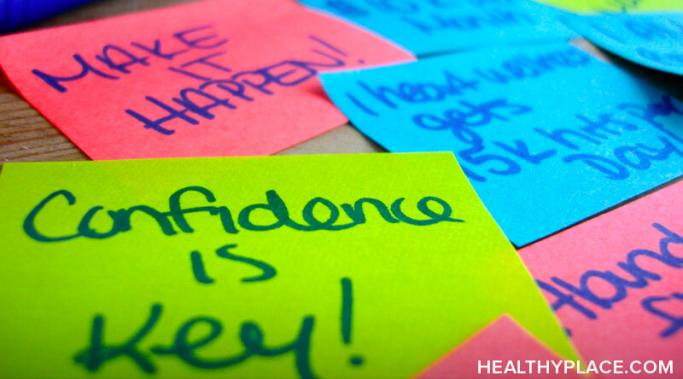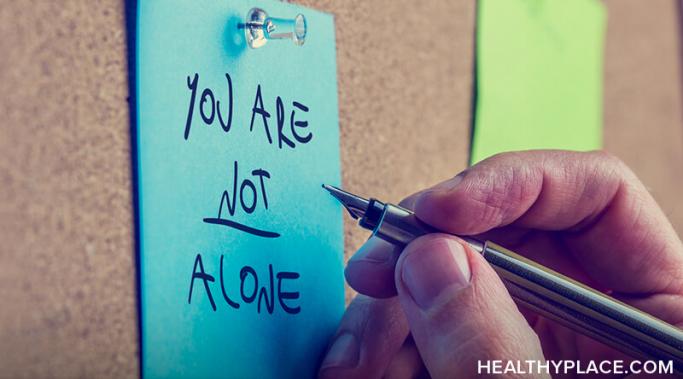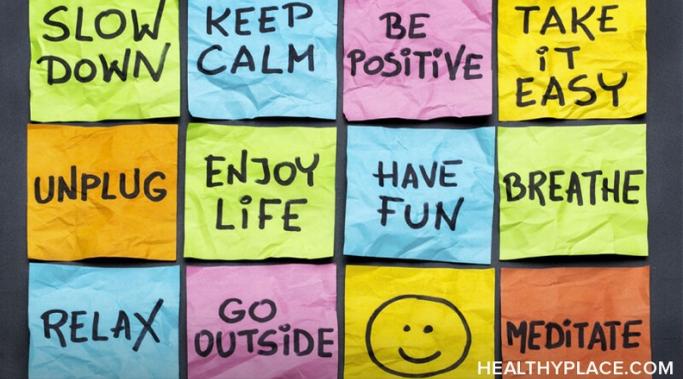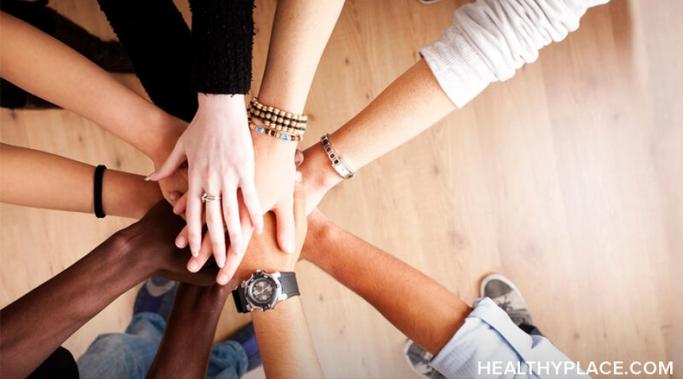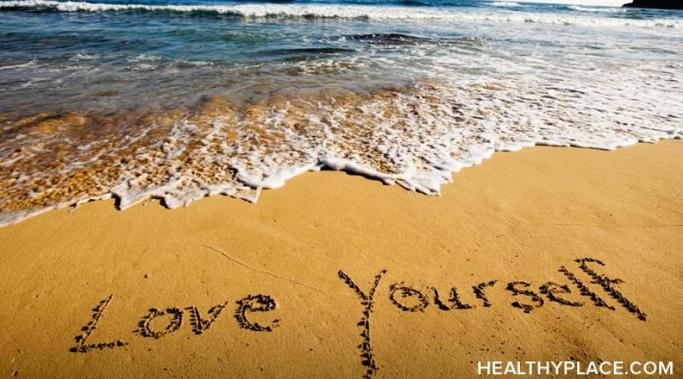Setting boundaries is not commonly recognized to boost self-esteem, but I have found that it does. Self-esteem is integral to helping us traverse life. Navigating life with mental health challenges can be like treading water in a stormy sea. I have faced my share of turbulent waters, struggling to maintain my self-esteem amidst the chaos of emotions and thoughts. One practice that has proudly transformed my journey is setting personal boundaries. It's not just a skill; it's an act of self-love and empowerment. Setting boundaries can enhance self-esteem.
Self Esteem Problems
Suicide is a challenging topic to discuss. However, it is extremely important. Today, I'd like to talk about low self-esteem indicators that can be early signs of suicidal thoughts and behaviors. (Note: This post contains a trigger warning.)
I've been working through ways to build better self-esteem. I've laid out how long of a journey it can be. Like any long journey, the feeling of being stuck will pop up now and then. I've started to feel stuck over the last couple of weeks. Today, I'll talk about managing that feeling and getting back on track by resetting your perspective.
Someone commented on a recent blog post about asking for help with low self-esteem and said they could not find support from their friends and family. So today, I will share three resources that helped support me in times when my self-esteem was low.
Poor self-esteem can make it difficult to ask for help. You may feel that you are not worthy of other people's time and assistance. Maybe it's because you are not in the habit of prioritizing yourself and keep pushing your needs aside. Whatever the reason behind the difficulty, everyone needs help sometimes, and practicing how to ask for help is a good exercise to build self-esteem.
In my last blog post, I spoke about how changing the viewpoint I took on my life, and my accomplishments helped to build my self-esteem. Taking a long-term view of my progress over a 10-year period showed that my trend, like that of the stock market, was upwards and to be celebrated. There's another example of changing my viewpoint that helped my self-esteem get stronger that I will share today.
This Yom Kippur, the Day of Atonement, I am focusing on my self-esteem. On this holiest day for the Jewish people, we ask for absolution from wrongs we have done against others, but it is granted only if we first ask those people for forgiveness. Only then can we be forgiven on a higher level. Today I will ask myself for forgiveness for the ways I have wronged myself by allowing poor self-esteem to color my days.
Resiliency is the ability to bounce back from a situation that throws you off, and there's a direct correlation between it and self-esteem. When your self-esteem is strong, you have the confidence to leave your comfort zone because you aren't worried about your ability to recover if things go south. You can build healthy self-esteem by focusing on improving your resiliency.
Finding self-love after a traumatic suicide attempt seems like a daunting task. After all, of the many thoughts circling the brain after an event of intended suicide, very few of if any are positive. It's more common to feel fear, shame, and misery. And eventually the question will arise–can I ever learn to love myself after the trauma of a suicide attempt? (Note: This post contains a trigger warning.)
What is self-worth? How does self-worth show in our actions? I recently met two students who had both received a B+ on a test. While the first was practically jumping with joy, the second was more subdued. When I asked the latter if she felt the same excitement as her peer, she responded, "I can't stop thinking about how many questions I missed. I'm an idiot." Though both earned the same grade, one saw it as a sign of her worth, while the other saw it as a sign of worthlessness. This led me to think about, how do we define self-worth? What is it that makes one person believe they are worthy, while another that they are worthless?
